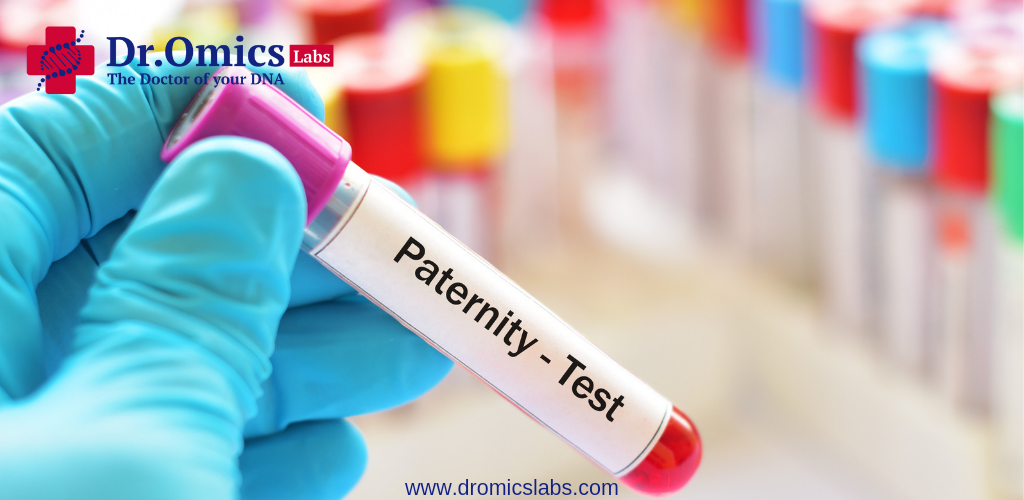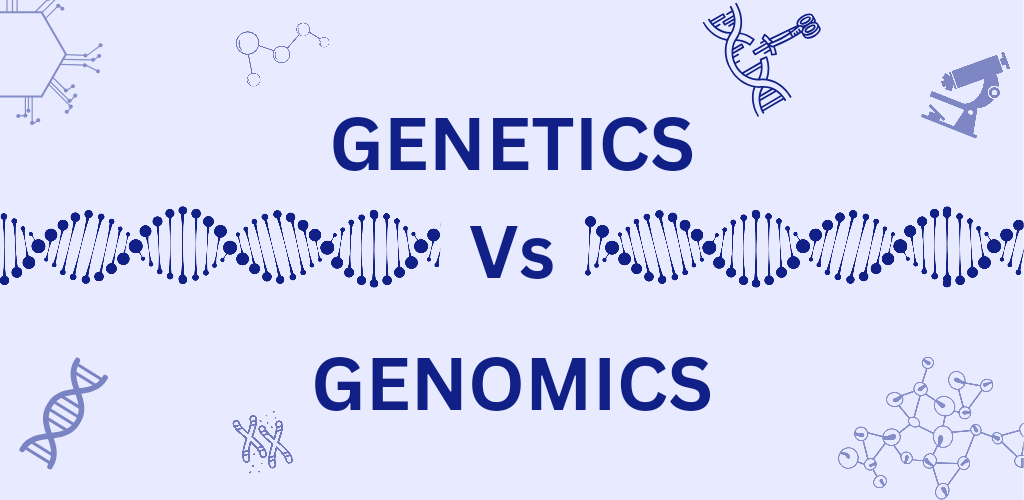Genetics and Fertility: Can DNA Testing Improve Pregnancy Outcomes?
In a world where science increasingly informs the most intimate human decisions, the intersection of genetics and fertility is perhaps one of the most compelling frontiers. The idea that your DNA can influence whether you conceive, carry to term, and deliver a healthy baby isn’t science fiction—it’s current clinical reality. Welcome to the rapidly evolving realm of reproductive genomics, where the search for pregnancy success begins not with an ovulation test, but with your genes.
The DNA Blueprint Behind Infertility
The term genetics of infertility may sound abstract, but for millions of couples struggling with conception, it hits painfully close to home. Genetic abnormalities—ranging from chromosomal anomalies to single-gene mutations—can disrupt both male and female fertility in profound ways. From poor egg quality and low sperm motility to recurrent miscarriages and unexplained infertility, many root causes are now traceable to inherited or de novo DNA changes (4,5).
Today’s clinical playbook for infertility doesn’t stop at hormone tests or ultrasounds. It now includes fertility DNA tests that examine whether a couple is at risk of passing on serious genetic disorders or whether genetic abnormalities in the gametes or embryos might be silently sabotaging the pregnancy process.
Preimplantation Genetic Testing: Beyond the Embryo’s Surface
Perhaps the most transformative leap in reproductive genomics is preimplantation genetic testing (PGT). PGT is offered in three categories: PGT-A for aneuploidies (abnormal chromosome numbers), PGT-M for single-gene disorders, and PGT-SR for chromosomal structural rearrangements (1). Among these, PGT-A has gained attention for its ability to identify chromosomally normal embryos—so-called “euploid” embryos—that are more likely to implant and lead to a healthy live birth.
In IVF clinics, the adoption of genetic testing for pregnancy—especially among older women and couples with recurrent miscarriages—has shifted the paradigm. In a study of over 1000 IVF cases, women who underwent PGT-A had significantly higher live birth rates (52.1% vs. 30.9%) and dramatically lower miscarriage rates (2.3% vs. 14.7%) than those who didn’t (2). That’s not a marginal improvement—that’s a biological advantage, powered by precision genetics.
Egg and Sperm: The Genomic Gatekeepers
Infertility often starts with compromised gametes. On the female side, egg quality genes play a critical role in chromosomal stability, oocyte maturation, and the capacity for successful fertilization. Genetic variants in genes regulating meiosis or mitochondrial function can lead to reduced egg viability, especially in older women.
For men, sperm health DNA analysis goes deeper than just a sperm count. Chromosomal translocations, Y-chromosome microdeletions, and DNA fragmentation are among the genetic culprits affecting sperm quality and fertilization potential. These aren’t detectable by routine semen analysis; they require targeted molecular tests (4,5). Identifying such defects early allows for informed decisions about using donor sperm, ICSI, or even gene therapy in the future.
IVF Success and the Role of Genetics
IVF isn’t a gamble anymore—it’s a strategy. And genetics is reshaping the rules of this strategy. For couples undergoing in vitro fertilization, the selection of genetically normal embryos through PGT-A has proven particularly beneficial in complex cases like advanced maternal age or unexplained recurrent pregnancy loss. In women with unexplained recurrent spontaneous abortions (URSA), the use of PGT-A improved implantation rates, clinical pregnancy, and live birth outcomes significantly compared to traditional IVF (3).
However, it’s not all resolved. Despite transferring genetically normal embryos, not all result in pregnancies. Scientists still grapple with why some euploid embryos fail to implant. This suggests that the genetic story doesn’t end at the embryo—it continues through uterine receptivity, immune tolerance, and epigenetic factors, many of which are yet to be fully decoded (1).
Genetic Counseling: The Compass in a Complex Landscape
While the science dazzles, the ethics and practicalities of reproductive genomics demand careful navigation. Not every couple needs PGT. Not every mutation spells doom. That’s where genetic counselors step in. They interpret the results of fertility DNA tests, assess inherited risks, and guide couples toward the most suitable reproductive path—whether natural, IVF-based, or via donor options. This isn’t optional anymore; it’s standard of care in leading fertility clinics (4).
Toward a Future of Precision Conception
The future of fertility is clear: it’s genetic, it’s personalized, and it’s powered by data. As sequencing becomes faster and cheaper, comprehensive genomic assessments—ranging from egg quality genes to sperm health DNA analysis—will be a routine part of fertility workups. For couples undergoing ART, especially IVF, genetic insights can dramatically enhance success rates and minimize emotional and financial losses.
But caution is essential. Genetics can predict probability, not destiny. The decision to use PGT or other tools must be made in consultation with specialists and grounded in each couple’s unique history and goals.
Still, one fact is indisputable: understanding your DNA may be the most powerful thing you can do before trying to conceive.
References:
- Madero, J. I., Manotas, M. C., García-Acero, M., Cáceres, A. L., & Jaimes, C. L. (2021). Preimplantation genetic testing in assisted reproduction. Minerva Obstetrics and Gynecology, 75(3). https://doi.org/10.23736/s2724-606x.21.04805-3
- Yang, Y., Guo, X., Zhang, M., Wang, H., Mu, S., Peng, H., & Yao, Y. (2023). A study of application effects of next-generation sequencing based preimplantation genetic testing for aneuploidies in advanced maternal age women. Taiwanese Journal of Obstetrics and Gynecology, 62(5), 729–734. https://doi.org/10.1016/j.tjog.2023.07.016
- Liu, M. M., Xu, S. L., Zhang, H. B., Zhang, J. W., Ren, B. N., Zhang, W. J., Liu, Z. Z., Hu, J. J., & Guan, Y. C. (2023). [Effect of preimplantation genetic testing for aneuploidies on pregnancy outcome in patients with unexplained recurrent spontaneous abortion]. PubMed, 103(30), 2335–2341. https://doi.org/10.3760/cma.j.cn112137-20221204-02567
- Ochando, I., Urbano, A., & Rueda, J. (2024). Genetics in reproductive medicine. Archives of Medical Research, 55(8), 103092. https://doi.org/10.1016/j.arcmed.2024.103092
- Raguraman, S. (2022). Genetics of fertility: Time to explore. Jaffna Medical Journal, 34(2), 3–10. https://doi.org/10.4038/jmj.v34i2.162




